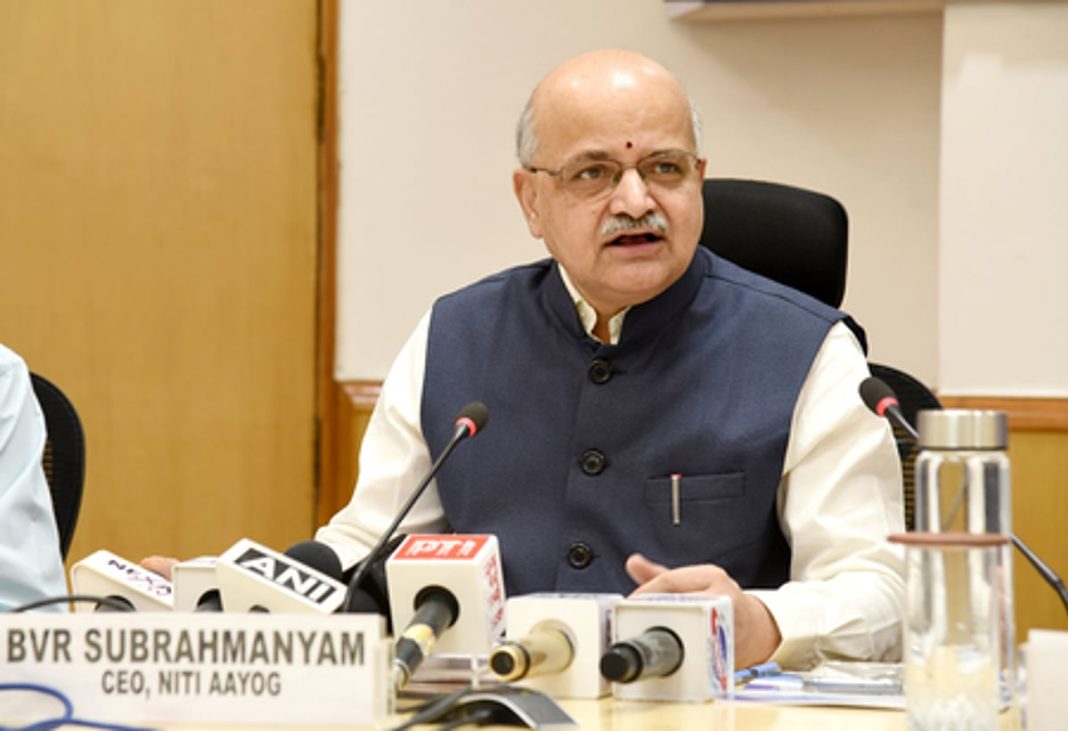NEW DELHI: As part of its efforts to transform the tax system in the country, government think tank NITI Aayog has proposed decriminalisation of 12 tax-related ‘offences’, which are necessarily administrative, technical, and procedural defaults, and has instead suggested civil or monetary penalties for such offences. It also advocated for a shift of proof of burden from taxpayers to tax authorities.
The government think tank on Friday released the second paper in the Tax Policy Working Paper Series titled — Towards India’s Tax Transformation: Decriminalisation and Trust-Based Governance — outlining a comprehensive strategy to overhaul the criminal provisions in the Income-tax Act, 2025.
The report notes a current over-reliance on criminal sanctions, with the existing Income-tax Act, 2025, criminalizing 35 distinct actions and omissions. This excessive reliance on criminal law for minor, technical, or procedural non-compliance can lead to rigorous imprisonment for nearly all offences, with terms up to seven years. Furthermore, the current legal framework presumes a ‘culpable mental state,’ placing the burden of proof on the taxpayer.
In its paper, NITI Aayog has also proposed retaining criminal liability only for conduct involving fraudulent or mala fide intent, clearly distinguishing between honest error and deliberate fraud. It also advocates for a shift in burden of proof from taxpayers to the tax authorities. “Prosecution must establish wilful or fraudulent intent beyond reasonable doubt,” says the report.
The report also bats for mandatory minimum terms of imprisonment removed, allowing for more proportionate sentencing. It introduces judicial discretion to decide between simple or rigorous imprisonment.
It has further advocated for keeping strong criminal provisions with proportionate punishments for deliberate, high-value, and injurious misconduct, such as orchestrated tax evasion or fabricating evidence.
The reforms prioritize civil penalties where harm is repairable, reserving criminal prosecution for clearly fraudulent, high-value cases. They aim to allow correction of procedural defaults and minor infractions without criminal liability.
In addition to these legislative changes, the report includes a Guidance Note for Prosecution of Income Tax Cases. These notes are designed to assist tax officers in ensuring that prosecution is invoked only in appropriate cases and only after all civil remedies have been exhausted. Sample draft provisions have also been provided to assist the legislative process.
In a paper released earlier, NITI Aayog has proposed an optional presumptive tax regime for foreign entities.




